Learn and practice with great experts
In 2022, while still a student, Nguyen Anh Minh was able to test his dream environment at Viettel Telecom as an intern majoring in Data Science. Anh Minh is the valedictorian of Mathematics and Information Technology (Hanoi University of Science and Technology) and wishes to become an engineer with practical experience. An unforgettable memory for this student is the series of days staying at the company to work through the night to achieve the best results for the assigned tasks. After 3 months of parallel training between the university and business environment, Minh excelled over hundreds of other students and was invited to stay and work.
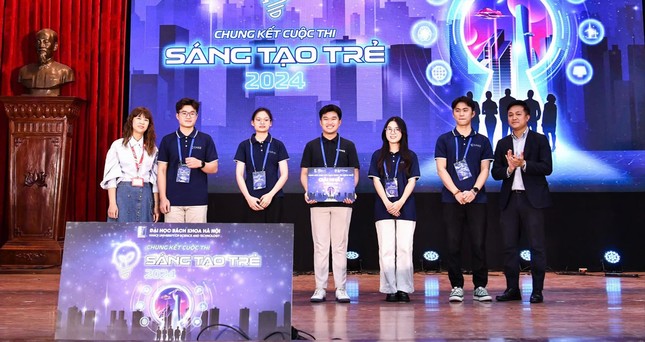 |
Hanoi University of Science and Technology students won first prize in the 2024 Young Creativity Contest |
According to Minh, the practical training program is invaluable because students are not only enhanced by leading experts in their professional skills, but also meet and exchange with young people who are passionate about technology and later become colleagues, and can discuss technology all night long. After 2 years of leaving the classroom and working in a dynamic environment, Minh has received many values such as training in responsibility, discipline, working with people who know how to motivate, put faith in young people and focus on training human resources instead of leaving them to "swim on their own".
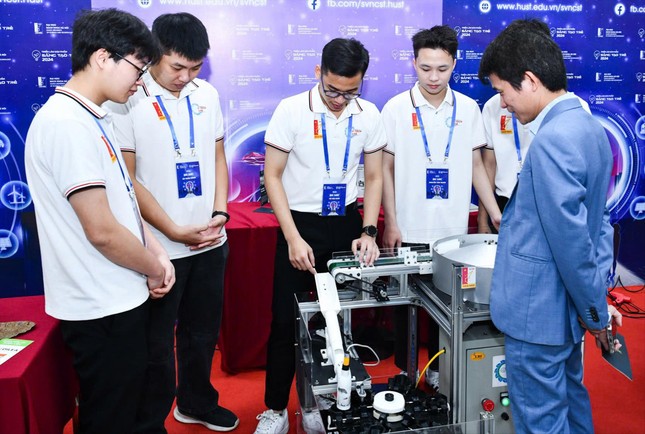 |
Scientific research products of Hanoi University of Science and Technology at the 2024 Youth Creative Products Exhibition |
Like Minh, in 2024, student Nguyen Thi Linh graduated from Hanoi University of Science and Technology with excellent results and was recruited into the group after 6 months of participating in the challenge of the youth training program. Linh took on the role of Cloud solution engineer. For Linh, the time she was trained by the company, she felt she matured and learned the most because she had to continuously study and improve her soft skills. At that time, many people asked, could girls do technology? When she started to try her hand at technology projects, she realized the hardships and pressure of having to stay up until 1-2 am to work was normal. What surprised her was that during the project phase, there were many errors, everyone talked to each other until 4-5 am. She learned not only technological knowledge and project implementation experience, but also the "fighting" spirit when starting work. “In addition, the students who participated in the project later, although not working for the same company, became a community, a network of people who are passionate about technology, exchanging with each other,” Linh said.
“The State needs to invest in core research, basic research, and technology transfer, and at the same time, there needs to be systematic and in-depth investment in university and postgraduate training facilities, with priority given to developing basic science associated with core technology, and having a strategy to send human resources to train key national industries in other countries.” Professor Nguyen Van Minh
Ms. Vu Thi Mai, Head of Human Resources Organization Department of Viettel Military Industry and Telecoms Group, shared that for many years, the unit has faced the problem of human resource competition, so it has set out the problem of how to build a high-quality, technologically-savvy digital human resource. The goal is not only to "enrich" the group's human resources but also to train young, talented human resources for the national labor market. The unit has researched a resonance model between universities and enterprises to train high-quality human resources through cooperation and introducing students to participate in the enterprise's training program.
“In the world, businesses have talent training programs and build trainee management strategies. Many people grow up and become leaders in companies. It can be seen that the connection and resonance between universities and businesses bring great efficiency in human resource training,” said Ms. Mai.
Unlike university training, interns will be invited by businesses to have famous experts with extensive experience at home and abroad to provide in-depth training and improve their technological knowledge. After a short time, students will be "thrown" into large projects to challenge themselves. Each student will be paired with someone with practical experience in the projects to be guided and work immediately. Many students shared that during the 3 months of working on the projects, everyone seemed to be stressed, forgetting to eat and sleep to show their maximum capacity because this is also an opportunity for them to apply the knowledge they have learned to work effectively or not. The program aims to train digital talents, inspiring students in the field of technology. Even though they will not work directly for the training unit, they believe they will also become seeds to inspire students in the field of technology.
According to Minister of Science and Technology Nguyen Manh Hung, the draft Law on Science, Technology and Innovation advocates transferring basic research to higher education institutions. This is a major orientation of the State. This shift is consistent with international practice when countries consider higher education institutions as research centers, especially basic research, because they concentrate the most basic research human resources, especially young human resources such as lecturers, professors, students, and postgraduates.
University joins hands with business
The representative of the company's recruiter said that in reality, students leaving school are like "blank sheets of paper", without experience or working skills, so they need to be trained in a profession, urged to have dreams and aspirations to create good products in the future. There are students who previously loved science, had a passion for research but needed to be "immersed" in reality more.
Every year, Hanoi University of Science and Technology organizes a conference connecting scientific research students with businesses, scientists, and the startup community. In 2025, student topics will focus on solving specific problems in life such as: Environment, energy, educational technology, digital transformation, etc.
After the research period, students will present and debate, and experts, technology businesses, investors and innovation experts will be invited to directly participate in the process of evaluating, giving comments and selecting excellent topics. Hanoi University of Science and Technology believes that this will be a practical bridge between students and the labor market, between research and product commercialization.
Recently, universities in Hanoi have opened a seminar to discuss solutions to implement Resolution 57 on breakthroughs in science, technology, innovation and national digital transformation in educational institutions, contributing to the socio-economic development of the country. Associate Professor Dr. Bui Anh Tuan, President of Foreign Trade University, said that it is necessary to have an open innovation ecosystem, which encourages the connection of related organizations to exchange and exploit resources.
According to Associate Professor Tuan, the current bottleneck is that Hanoi has not yet built an open innovation ecosystem as expected, due to dispersed resources, lack of effective resource sharing mechanisms, and unsynchronized mechanisms and policies. Therefore, it is necessary to strengthen the connection between state agencies, enterprises, universities/research institutes. Build Lang Hoa Lac High-Tech Park into an open innovation park, becoming a center connecting parties in the ecosystem to attract and share resources. He emphasized the policy of linking and cooperating to attract enterprises with innovative mechanisms as well as increasing the presence of universities/research institutes in training.
Professor Nguyen Van Minh, former Principal of Hanoi National University of Education, said that science and technology are the key to the progress and development of any country. One of the current solutions is to identify core technologies, focus on investment in human resource training and infrastructure to master technology, and build strong relationships between domestic companies and corporations with universities and research institutes to bring products to market soon. At the same time, it is necessary to establish funds to support the development of science, technology and innovation.
Source: https://tienphong.vn/thuc-day-nghien-cuu-trong-truong-dai-hoc-post1744351.tpo


![[Photo] Determining the pairs in the team semi-finals of the National Table Tennis Championship of Nhan Dan Newspaper](https://vphoto.vietnam.vn/thumb/1200x675/vietnam/resource/IMAGE/2025/5/21/eacbf7ae6a59497e9ae5da8e63d227bf)
![[Photo] General Secretary To Lam works with the Central Inspection Commission](https://vphoto.vietnam.vn/thumb/1200x675/vietnam/resource/IMAGE/2025/5/22/54820e91fd124c4cb691961718c4ee5d)


![[Photo] Prime Minister Pham Minh Chinh attends the groundbreaking ceremony of Trump International Hung Yen Project](https://vphoto.vietnam.vn/thumb/1200x675/vietnam/resource/IMAGE/2025/5/21/ca84b87a74da4cddb2992a86966284cf)

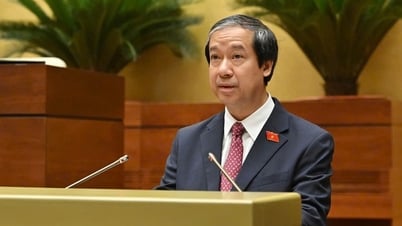



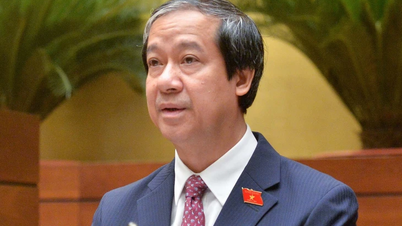



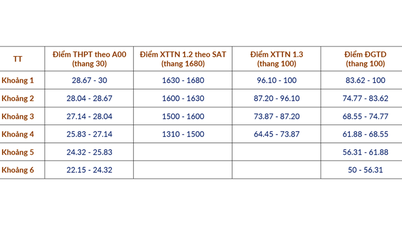

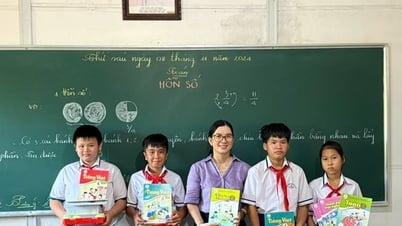




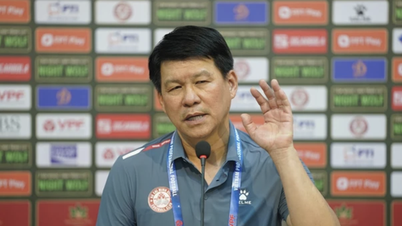


































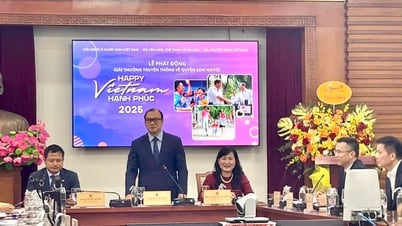

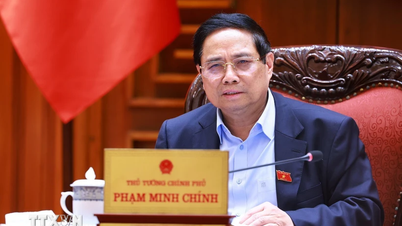
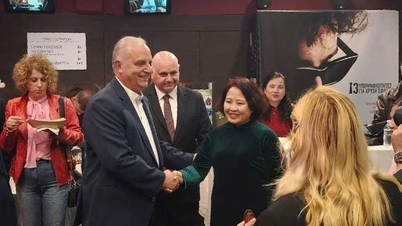

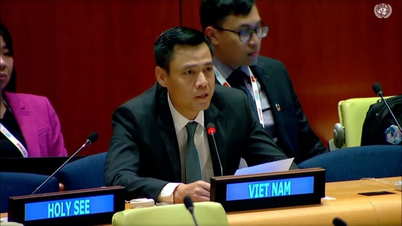
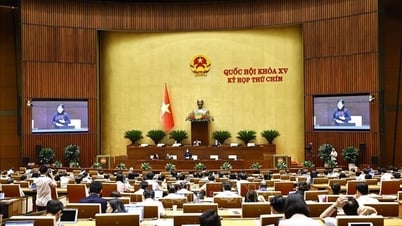

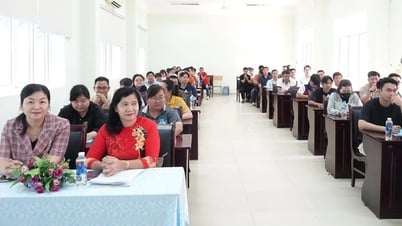
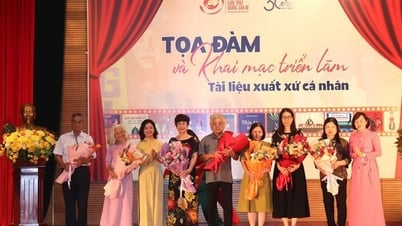

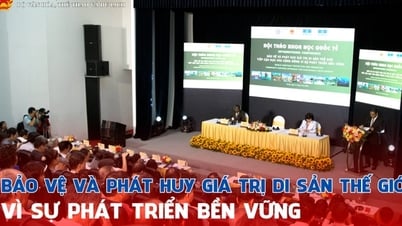

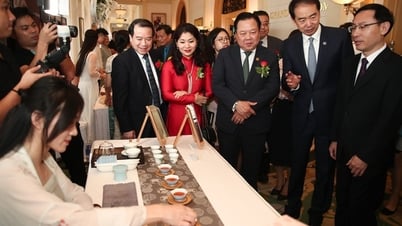
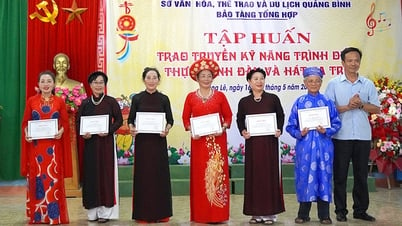

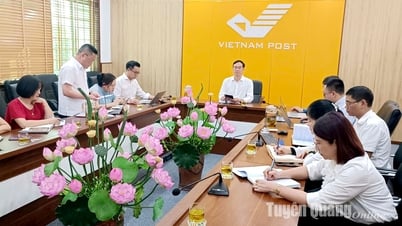





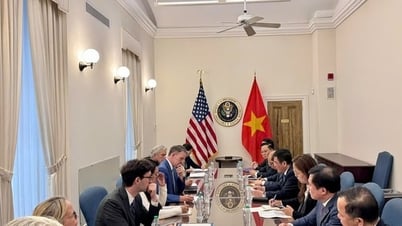




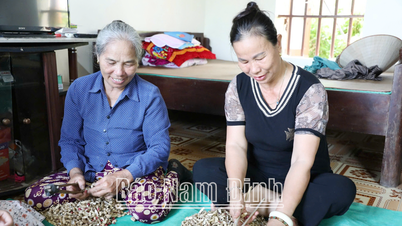









Comment (0)